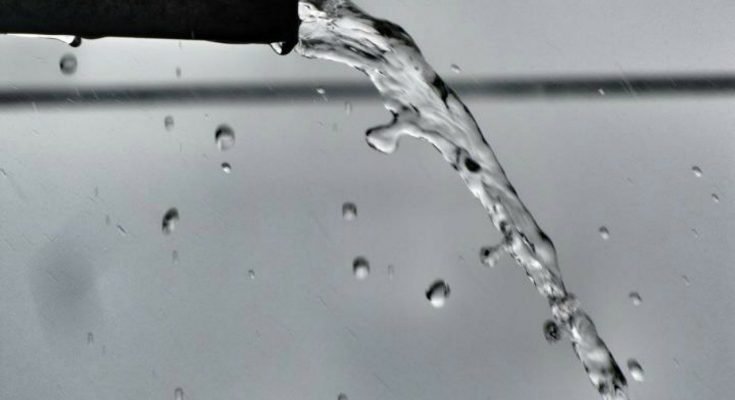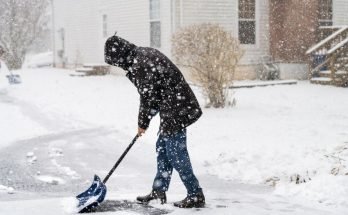It can be difficult for a homeowner to work out what’s causing blocked drains. Knowing what to look for can be confusing, which is why we would always recommend calling in a professional.
4 Things to Avoid Putting Down Your Drains
The good news for homeowners is that keeping drains free-flowing is relatively straightforward. The key is in knowing what you can and cannot put down them. Items like hair, food waste, dirt and toilet paper are the most common culprits. In rarer circumstances, tree roots can also be to blame. Here are four substances to avoid putting down your drains in excess.
1. Hair. Perhaps one of the most common reasons drains become blocked, the easiest way to prevent it is to reduce the amount of hair going down the drain. Placing a strainer in the plug hole can help with this.
2. Food Waste. When washing dishes, it’s inevitable that at least some food waste will end up down the drain. The result? A buildup in pipes that causes blockages and causes water to overflow. Perhaps the worst culprits for this are oil and flour. Often, help from a drainage engineer is needed for these types of blockages.
3. Mud or Dirt. Most of us think it’s alright to wash mud or dirt down the drain. The truth is that sink and bath drains are only designed for liquids. So, when foreign objects get stuck there, blockages can occur. Before washing muddy clothes in the sink, try and get rid of as much residue as you can. This minimises the amount of debris that will fall down the drain.
4. Toilet Paper. Modern toilets and drainage systems are more than capable of dealing with excess toilet paper. However, you should still try to limit the amount you flush down. Excess toilet paper can cause blockages, resulting in a potential overflow. If you’ve put too much paper down, try and remove some with a plunger. Alternatively, contact a drainage expert who can unblock the drain.
Although less common, its sometimes possible for tree roots to grow through cracks in pipes, causing blockages inside them. This isn’t a job for a homeowner, rather, it requires a drainage expert who will need to dig, pressure sweep or complete trenchless repairs. It can be a complicated process.
5 Things to do to Stop Your Drains Becoming Blocked
- Place a strainer over your shower or sink plughole to prevent hair from entering.
- Clean as much food debris from plates before washing them in the kitchen sink.
- Remove as much dirt and debris from clothing before washing them in the sink.
- Limit the amount of toilet paper you flush down the loo to prevent an overflow.
- Avoid planting trees near underground pipes as their roots can damage them.




